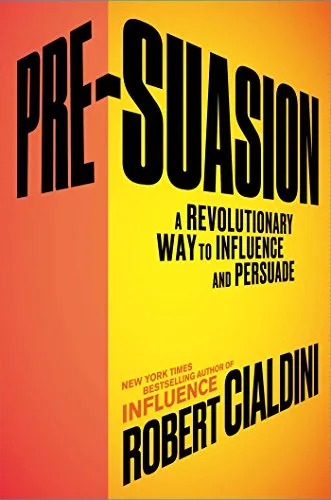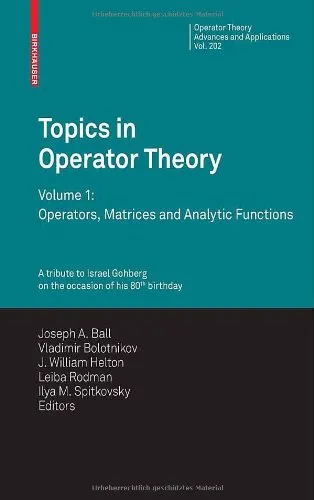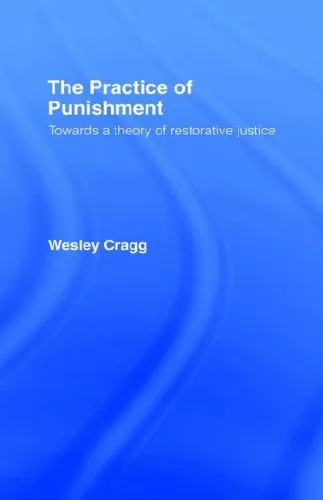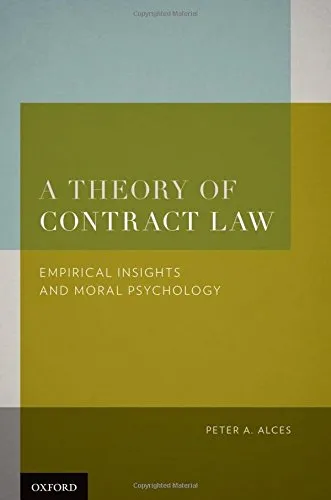Contract Law : Rules, Theory, and Context
4.5
Reviews from our users

You Can Ask your questions from this book's AI after Login
Each download or ask from book AI costs 2 points. To earn more free points, please visit the Points Guide Page and complete some valuable actions.Related Refrences:
Introduction to "Contract Law: Rules, Theory, and Context"
"Contract Law: Rules, Theory, and Context" by Brian H. Bix serves as a comprehensive and engaging resource for understanding one of the most influential fields of law in modern society. This book is not only a repository of legal rules but also a deep dive into the theoretical and contextual frameworks that shape the laws governing agreements and obligations. Written with clarity and insight, it caters both to students approaching contract law for the first time and seasoned practitioners seeking to deepen their conceptual understanding. With a rich analysis of legal doctrines, practical applications, and underlying theories, this text offers an unparalleled journey into the heart of contract law.
The book stands out for its dual focus: on the practical rules that govern contracts and on the normative, philosophical, and policy-driven debates that influence how those rules are understood and applied. By combining legal precedents, theoretical perspectives, and real-world contexts, Brian H. Bix creates a text that not only informs but also encourages critical thinking and analysis. Whether you're looking to grasp the essentials or explore debates at the cutting edge of legal scholarship, "Contract Law: Rules, Theory, and Context" is a vital guide.
Detailed Summary of the Book
The book begins with foundational concepts, clearly setting out the basic rules and principles of contract law. It carefully explains the elements required to form a legally binding contract: offer, acceptance, consideration, and intention to create legal relations. From there, the text explores nuanced topics such as the interpretation of contractual language, the enforcement of terms, and the principles of fairness governing contractual relationships.
One of the book's strengths lies in its discussion of contract remedies. This includes compensatory damages, specific performance, and reliance damages, as well as the policy and practical considerations underlying these remedies. Additionally, the text delves into complex issues surrounding the doctrine of good faith, unconscionability, and the limits of freedom of contract, helping readers see how law interacts with ideas of morality and fairness.
Throughout the text, Bix enriches the discussion with theoretical perspectives drawn from economics, philosophy, and sociology. For instance, the economic analysis of contracts is explained in accessible terms, showing how efficiency considerations influence contract law. Philosophical debates surrounding freedom of choice and the moral obligations of promises are also presented, broadening the reader's understanding of contracts beyond the purely legal domain.
Key Takeaways
- Contract law is not only about rules but also about the theoretical and contextual frameworks that justify those rules.
- Remedies play a crucial role in ensuring contracts are meaningful, and their selection often reflects wider policy considerations.
- There is an ongoing tension between the freedom to contract and the need for fairness, equity, and public policy considerations.
- Economic efficiency, moral obligations, and public justice all shape the evolution and implementation of contract law.
- Understanding the philosophical and theoretical foundations of contract law enhances comprehension of its practical applications.
Famous Quotes from the Book
"Contract law is where the promises we make become enforceable obligations, intersecting both morality and efficiency."
"Behind every rule lies a balance of competing policies, principles, and perspectives—contract law is no exception."
"Freedom of contract is a powerful ideal, but it is neither absolute nor unregulated. Fairness and justice must always temper liberty."
Why This Book Matters
In a world where promises form the basis of personal, business, and government relationships, contract law plays a foundational role in enabling trust and predictability. "Contract Law: Rules, Theory, and Context" is indispensable for understanding how this area of law operates in practice and why it matters in a broader societal sense.
By providing a thorough yet accessible review of both the rules and their theoretical underpinnings, the book equips readers with the tools to analyze and navigate contractual disputes effectively. It also encourages deeper reflection on what contract law should aim to achieve—challenging readers to engage with questions of policy, equity, and human behavior. The text’s balance of scholarly rigor and practical relevance makes it an essential resource for anyone studying, practicing, or simply curious about the role contracts play in modern society.
Ultimately, this book is more than a guide to the field of contract law; it is an invitation to think critically about how law shapes and reflects the values of our communities. For this reason, it holds enduring value for legal scholars, professionals, and thoughtful readers alike.
Free Direct Download
You Can Download this book after Login
Accessing books through legal platforms and public libraries not only supports the rights of authors and publishers but also contributes to the sustainability of reading culture. Before downloading, please take a moment to consider these options.
Find this book on other platforms:
WorldCat helps you find books in libraries worldwide.
See ratings, reviews, and discussions on Goodreads.
Find and buy rare or used books on AbeBooks.
1415
بازدید4.5
امتیاز0
نظر98%
رضایتReviews:
4.5
Based on 0 users review
Questions & Answers
Ask questions about this book or help others by answering
No questions yet. Be the first to ask!













